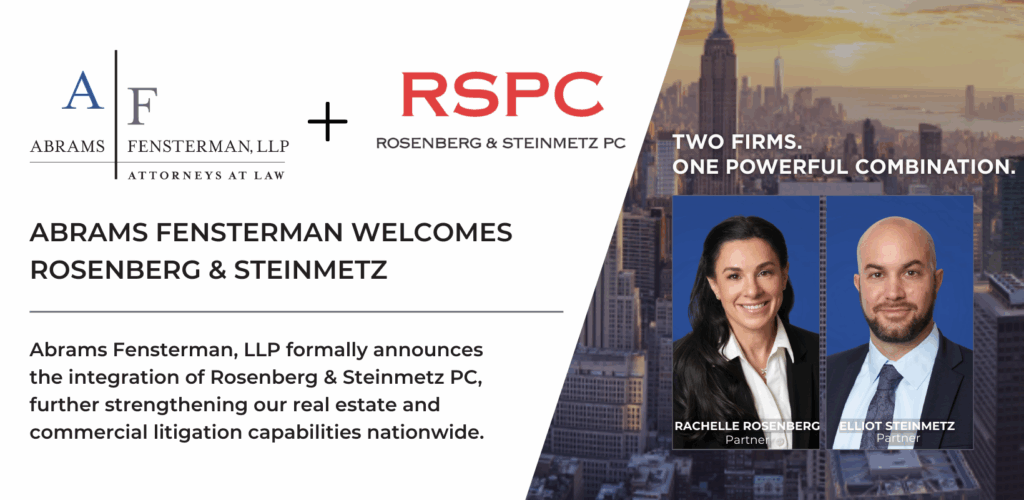By Justin Kelton
Picture this: Your former employee steals valuable trade secrets, and then uses those trade secrets as collateral in an attempt to extort your company. If you thought those facts would give rise to a claim for trade secret misappropriation under the Defend Trade Secrets Act (DTSA), think again. Recently, U.S. District Judge Jed Rakoff was presented with such a case, and he found that alleged use of a company’s trade secrets to try to extort the company did not constitute “misappropriation.” Rakoff’s analysis provides a helpful guide for determining what behavior may be actionable under the DTSA.
Employer Alleges that Former Employee Misappropriated Trade Secrets.
In Zurich American Life Insurance Co. v. Nagel, — F.Supp.3d —-, 2021 WL 1877364 (May 11, 2021), Zurich sued a former employee who had worked for Zurich for nine years as a senior paralegal. The former employee had signed a contract agreeing that he would not “disclose, use for [him]self or others, make unauthorized copies of, alter or modify in anyway [sic], or take with [him]” Zurich’s proprietary information. Id. at *3. He also agreed that he would “immediately return all Proprietary Information to the company upon the company’s request or upon termination of [his] employment.” Id.
In its complaint, Zurich alleged, among other things, that the former employee breached the contract by taking and retaining certain confidential information—including alleged trade secrets—after the termination of his employment. Zurich also alleged that the former employee improperly took and kept a company computer. Id. at *3, *5.
The Extortion Attempt
Zurich attached to its complaint an email between the employee’s lawyer and an attorney for Zurich, in which the employee’s lawyer stated that he was investigating potential claims against Zurich and broached the subject of potential settlement negotiations. Id. at *6. The attorney wrote: “A suit to recover the computer would likely involve a defense disclosing material on the computer which Mr. Nagel would need to copy since it arguably involves questionable activities by Zurich which Mr. Nagel brought to the company’s attention.” Id. at *2. The email continued: “Mr. Nagel is perfectly willing to enter into a reasonable settlement involving a reasonable severance pay…. In exchange he would return the company computer and provide assurances that there is no company material on his personal computer.” Id.
Zurich argued that this email was an attempt to extort Zurich, because the employee was implying that “he would only return Zurich’s computer and provide assurances that he no longer possessed confidential Zurich information as part of a settlement.” Id. In addition, Zurich argued that the employee’s misuse of Zurich’s trade secrets as collateral in connection with the alleged extortion constituted “misappropriation” of the trade secrets under the DTSA.
Judge Rakoff Holds that the Alleged Extortion Attempt Does Not Constitute ‘Misappropriation’ of Trade Secrets.
Rakoff began his analysis by explaining that the DTSA “requires not just any use of a trade secret, but one that constitutes a ‘misappropriation.’” Id. at *6. Thus, the question before the court was whether the former employee’s alleged misconduct constituted “misappropriation” of the trade secrets, despite the fact that he had not threatened to disclose, use, or access the trade secrets. Id.
The court recognized that the DTSA was not designed to prohibit general misuse of company property—even for an alleged extortion. Here, the email in question “said nothing about the contents of any Zurich information.” Id. Rather, the author “merely offered to return Zurich property in exchange for consideration.” Id. Judge Rakoff specifically noted the fact that the author had mentioned “provid[ing] assurances” regarding confidential information in the same breath that he mentioned returning the “company computer.” Id. Thus, the email actually provided some indication that the trade secrets had not been disclosed or damaged.
Based on the content of the email, Rakoff found that the attorney “was trying to use the fact that [the employee] had Zurich property, of whatever kind, as leverage.” Id. Rakoff stated that the situation would be different if, for example, the employee “had threatened to disclose Zurich’s confidential information unless he received consideration,” because that would “imperil the trade secrets.” Id.
In explaining this distinction, the court contrasted the Zurich case with Bramshill Invs. v. Pullen, No. CV 19-18288, 2020 WL 4581827, at *1 (D.N.J. Aug. 10, 2020), in which a former employee allegedly used trade secrets and disclosed them to a competitor. Rakoff explained that Zurich’s allegations were distinguishable from those in Bramshill because Zurich was alleging that it was harmed by the extortion, but not that the former employee harmed or threatened to harm the value of Zurich’s trade secrets. Zurich, 2021 WL 1877364 at *7.
Thus, Rakoff held that “merely threatening to keep trade secrets, without threatening to use or disclose them, does not give rise to a DTSA claim.” Id. at *6. He therefore dismissed the company’s DTSA cause of action.
An Important Lesson for Owners of Trade Secrets: Misuse is Not always the Same as Misappropriation.
The decision in Zurich American Life Insurance Co. v. Nagel provides an important reminder that not all misconduct involving a trade secret qualifies as “misappropriation” under the DTSA. Indeed, even an intentional misuse for nefarious purposes will not constitute “misappropriation” unless there is a clear threat to the trade secret itself. Trade secret owners should consult with experienced counsel to determine whether they may have a viable cause of action under the DTSA.
Justin T. Kelton is a partner at Abrams, Fensterman, Fensterman, Eisman, Formato, Ferrara, Wolf & Carone, where he focuses on complex commercial, employment, and intellectual property litigation. He can be reached at [email protected].
Reprinted with permission from the June 9, 2021 edition of The New York Law Journal, © 2021 ALM Media Properties, LLC. All rights reserved.
Further duplication without permission is prohibited. ALMReprints.com – 877-257-3382 – [email protected].





